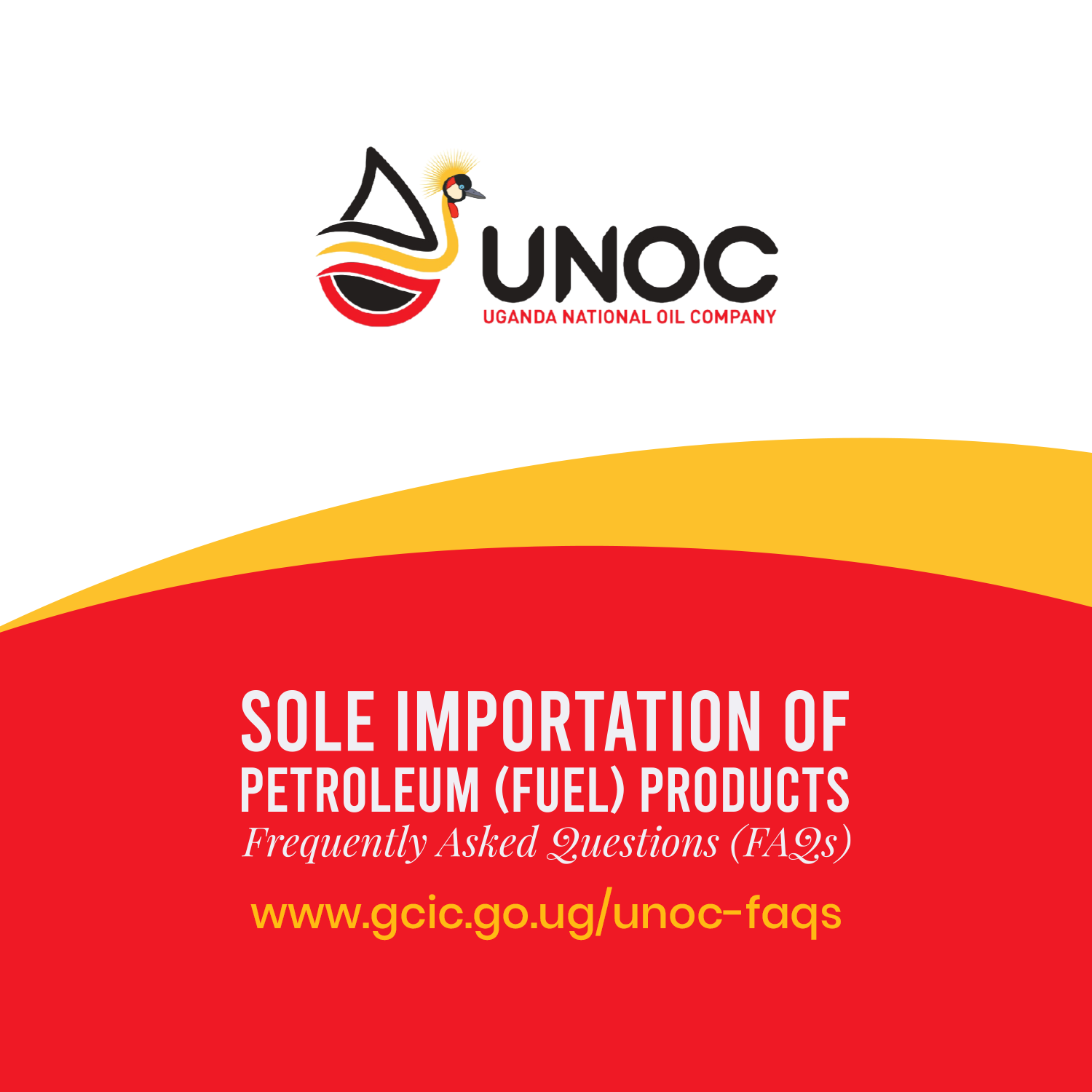Uganda’s oil and gas projects are more than just about fossil fuels; they serve as a strategic driver for economic transformation, industrialisation, and national prosperity. As the country approaches commercial oil production, these resources present a vital opportunity to strengthen energy security, create jobs, and accelerate development.
Recognised as a national asset, the government has adopted a strategic approach to ensure that the exploitation of these resources benefits Ugandans while safeguarding national interests. If managed effectively, the sector will fuel long-term growth, enhance self-reliance, and position Uganda as a significant player in the global energy landscape.
One of the primary advantages of Uganda’s oil and gas sector is energy security. With plans to refine its crude oil, Uganda will significantly reduce its dependence on imported petroleum products. This will help stabilise fuel prices and protect the economy from global market fluctuations. Currently, Uganda spends between US$2 billion and US$2.5 billion annually on petroleum imports as a net importer. Local refining will retain this capital within the economy, benefiting local industries and consumers.
The oil and gas sector is a key driver of Uganda’s economic expansion. The International Monetary Fund (IMF) projects that Uganda’s GDP will grow by 10.8% once oil production commences. This sector will attract foreign direct investment, create new business opportunities, and generate thousands of jobs. The ripple effects will be felt across multiple industries, including construction, manufacturing, and services, ultimately boosting national revenue and improving livelihoods.
A crucial aspect of Uganda’s oil and gas success is local content development. The government has prioritised Ugandan companies and professionals in the sector to ensure that the wealth generated remains within the economy. As of December 31, 2023, contracts worth US$5.3 billion had been awarded since 2017, with US$2.1 billion (40%) of these contracts awarded to Ugandan companies.
The employment impact is also significant. The sector currently employs 15,169 people, of whom 13,455 (89%) are Ugandans, including 4,773 workers from local communities. This deliberate effort ensures that Ugandans benefit from training, employment, and business opportunities linked to the oil and gas industry.
Beyond oil production, Uganda’s petroleum sector is transforming the country’s infrastructure. Roads, pipelines, refineries, and industrial hubs are being developed to support oil production while also serving broader economic needs. Key infrastructure projects include oil roads, bridges, power lines, and a second international airport in Hoima, which enhances Uganda’s connectivity and trade potential.
The East African Crude Oil Pipeline (EACOP) will facilitate Uganda’s oil exports while also providing benefits such as a second internet fibre cable connection from the coast. Industrial parks, modern housing developments, and access to clean water in oil-producing regions will further enhance the quality of life for local communities.
The impact of these projects extends beyond oil. For example, Hoima’s selection as a host city for the upcoming AFCON tournament is partly due to the infrastructure growth driven by the oil sector. A new stadium, housing developments, and commercial centres are currently under construction, reinforcing the region’s economic significance.
Uganda’s oil and gas development is about more than just revenue; it represents economic sovereignty. By controlling its petroleum resources, Uganda strengthens its position in the global energy market while reducing external dependencies. This sector will enable the country to fund critical development projects, enhance trade relations, and position itself as a regional energy hub.
Uganda’s commitment to a balanced and sustainable oil industry ensures that future generations will benefit from these resources. With the right policies in place, the country is on track to achieve long-term economic stability and industrial growth.
Uganda’s oil and gas industry is a game-changer. From energy security to economic growth, local job creation, and infrastructure expansion, its success will shape the nation’s future. The development of these resources is not just about oil; it’s about transforming Uganda into a self-sufficient and prosperous country.
As the nation moves toward its first oil production, all stakeholders must collaborate to ensure that Uganda maximises the benefits of its petroleum sector. This is a defining moment for the country that will determine its economic trajectory for decades to come.





